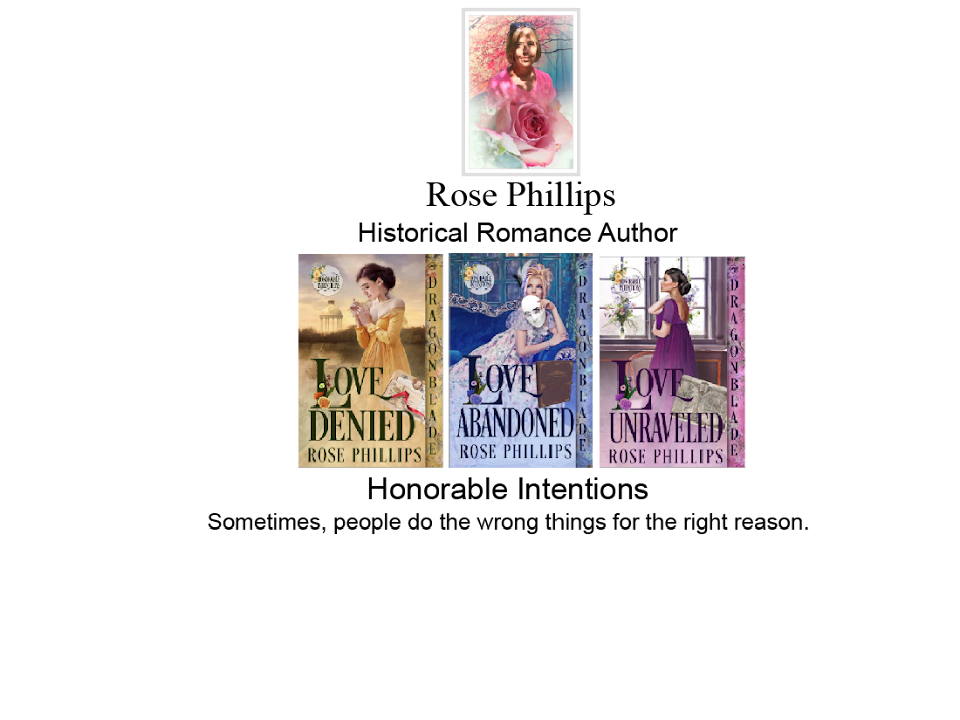I’m not much for television. I don’t even know
the magical sequence of the myriad of controls that my husband uses to turn it
on. During his absences, they lie dormant in a basket, and the house is filled
with silence. Or music. Depends on my mood. But, as happens in everyone’s life,
things change. This particular change has come in the form of Netflix. Oh my, what took us so long?
The absence of commercials is a terrific
feature. Its intuitive design—tracking your viewing, knowing where you left
off, analyzing your tastes and basing suggestions on them—well that’s crazy
modern and downright convenient. The absolute best thing about it is that you
can fall in love with a show and then just keep watching it. And watching it. And
watching it. Which happened last month with Downton
Abbey.
Now, I have always found the vast array of
brainless gibber on television uninspiring and, often, downright irritating. I
felt I gained nothing when I watched it, which led to years of avoidance. But apparently,
I had simply been choosing the wrong programming. Not only was Downton Abbey vastly entertaining, it
informed my writing.
It used every trope, some of them several
times, and wrung every last drop of emotion from them: Edith’s rags to riches
and Sybil’s riches to rags; Mary’s forbidden fruit…enemies to lovers, love
triangle, friends to lovers, second chance at love (My, Mary was busy!); Violet’s strong character, a woman of steel with a heart of gold; The
Grantham’s dabbling with the mid-life crisis in marriage. That’s a small
sampling.
For me, there was no better story line than Anna
and Mr. Bates. An unlikely pairing, they were perfectly suited but constantly
challenged. Every time it looked as though they were going to enjoy their
happy-ever-after, their worlds were torn apart. It is the stuff and business of
romance novels. Seeing it play out on the screen, feeling the angst and rooting
for their success, proved to me that it works. There is nothing entertaining
about a smooth relationship. When all is well, put up a roadblock. Make them
miserable. Give them hope. Then make it worse. The triumph in the end is so
much sweeter for it.
There were so many small stories woven
throughout, each one serving a purpose to the larger story. Poignant, philosophical,
and at times, heart-wrenching, the tension is often broken by laugh-out-loud
moments. It is an exemplary model of a writer’s craft enhanced by actors who
are masters of show-don’t-tell and who have the courage to take the time needed
with their lines. For it is often the spaces between the words that speak the
loudest.
If I don’t post for a while, you’ll know what I’m
up to—re-watching Downton Abbey. J










